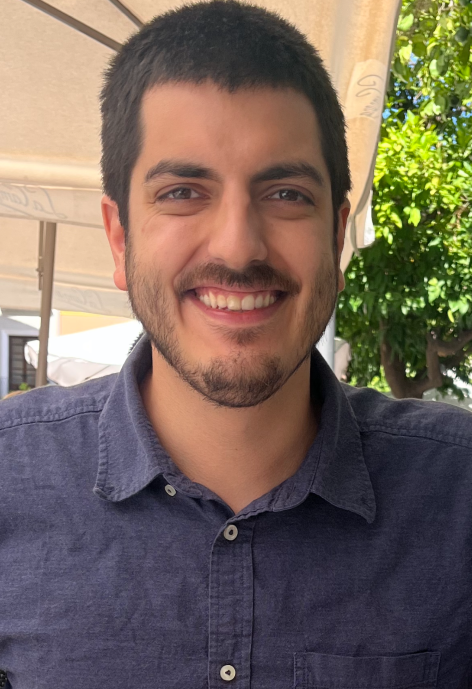Javier Etchegaray
University of Wyoming | History Department
Visiting Assistant Professor of History

My research explores Chiloé’s colonial Indigenous communities, and my upcoming manuscript studies Indigenous participation and self-representation in judicial proceedings during the eighteenth century as a way of interrogating processes of social identity formation in Chiloé. I am interested in analyzing colonial corporate community formation and reproduction beyond discrete ethnic lines in this borderland region, following processes of ethnogenesis structured along tributary, geographic, occupational, and foral/customary lines.
I incorporate GIS methods as a central part of my research. I am interested in working
with, and teaching, GIS exclusively using open-source datasets and software. I offer
my services producing commissioned cartography; please write to me if you are interested
in collaborating.
My recent publication in the Colonial Latin American Review titled “Desde los principios de aquella misión, y tiempo inmemorial: the indios de la compañía
as an alternative path towards Indigenous community formation in Chiloé, 1626-1767,” follows the historical trajectory of the indios de la compañía, a group of Indigenous
auxiliaries who performed labor for the Jesuit Order in Chiloé between 1626 and 1767,
as a way of exploring a localized process of Indigenous community formation in a borderlands
region. Please write to me if you would like me to send you a copy of my article.
Recientemente traduje mi artículo al castellano; no dude en contactarme para pedir
una copia.
I am beginning to design a second research project focused on wheat production, and
by extension bread baking, in colonial Chile as sites of cross-cultural interaction
and social identity formation. I will be looking at wheat harvests—in rural sectors—and
bakeries—in urban areas—as spaces where Indigenous, mixed-race, and African-descending
subjects, in various degrees of freedom and unfreedom, interacted and subverted Spanish
cultural notions regarding foodways.

